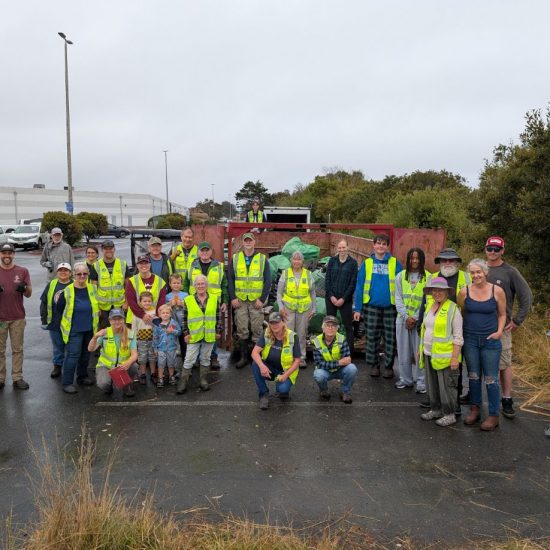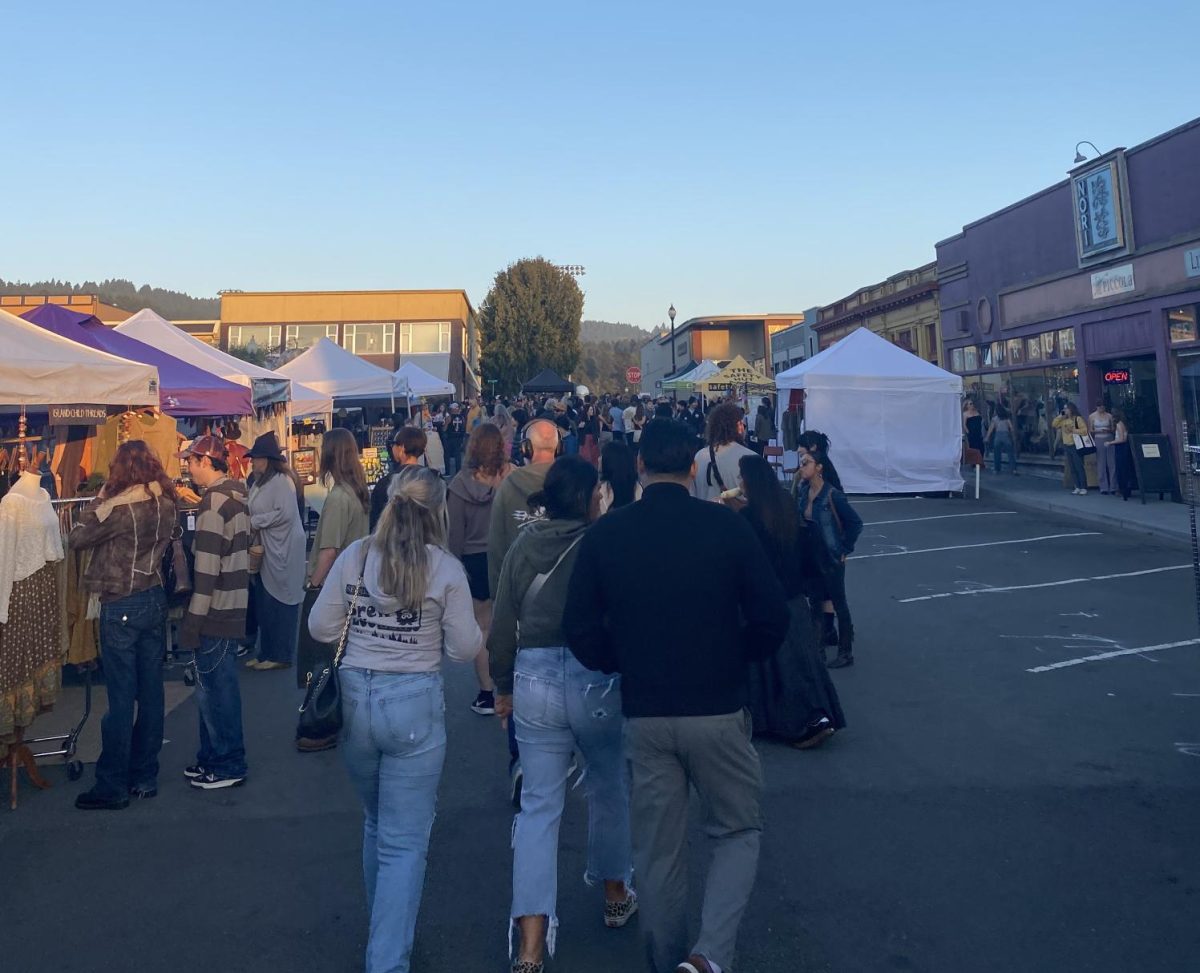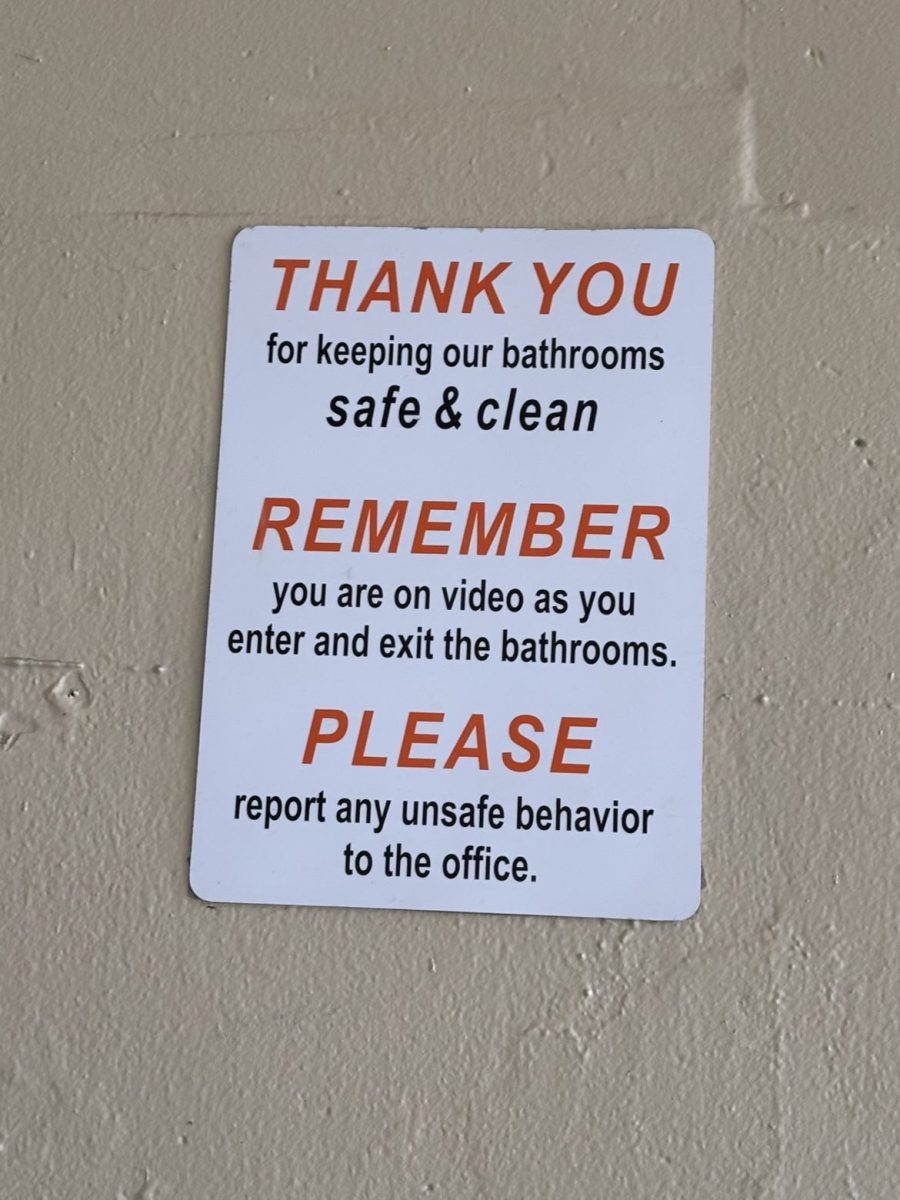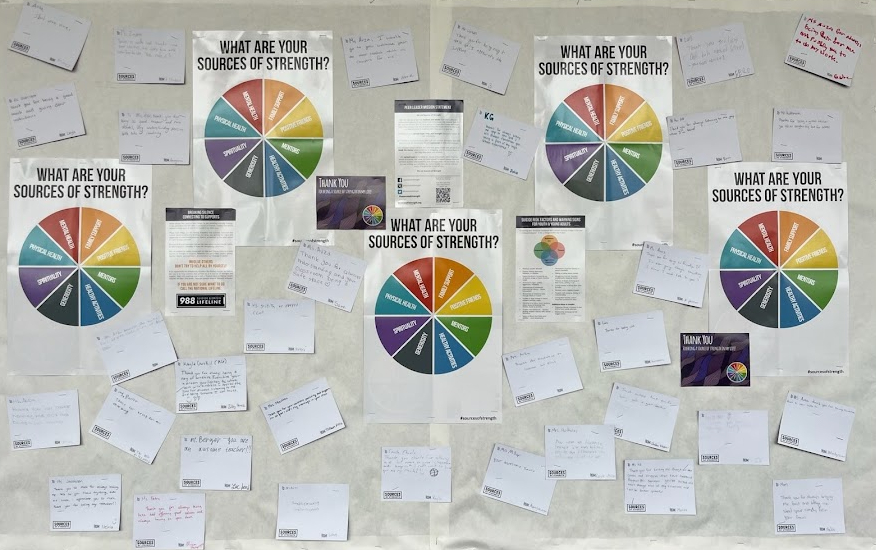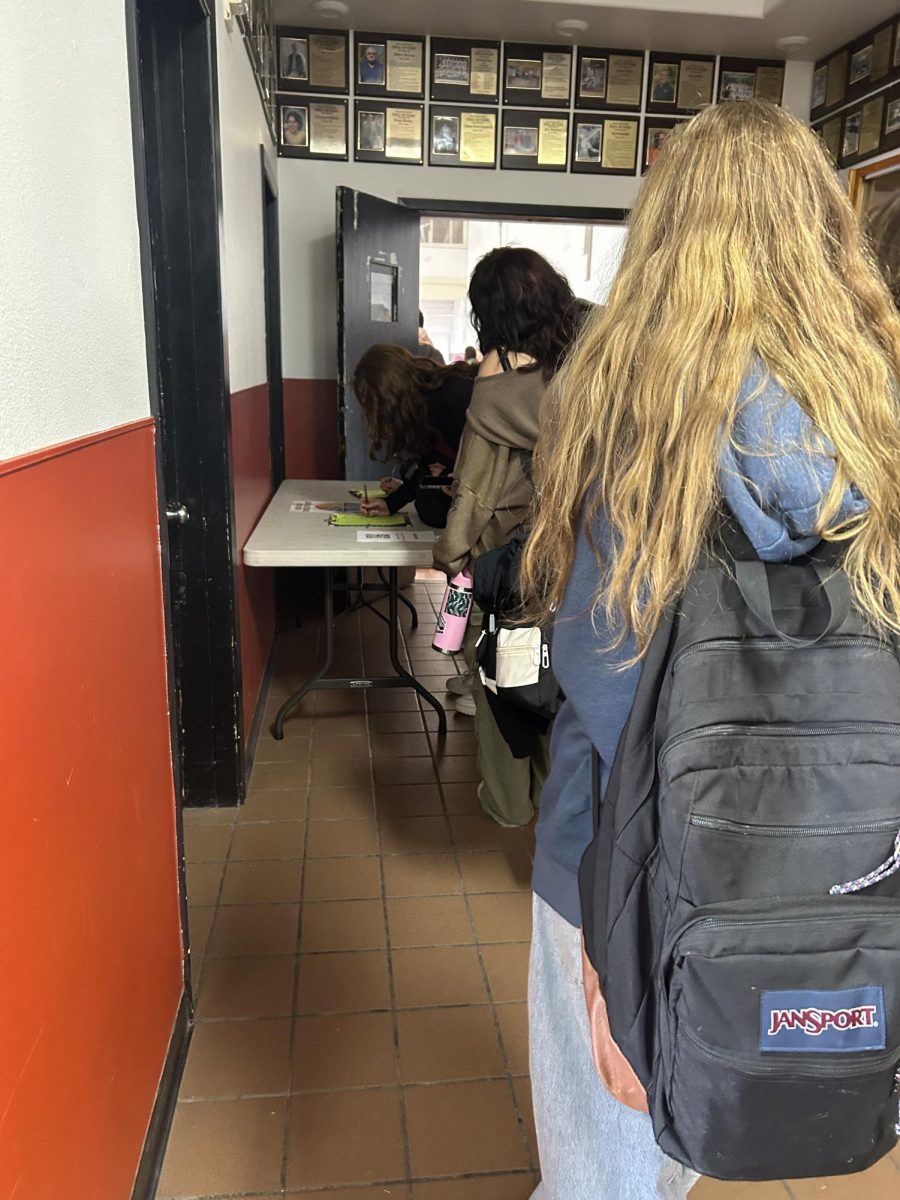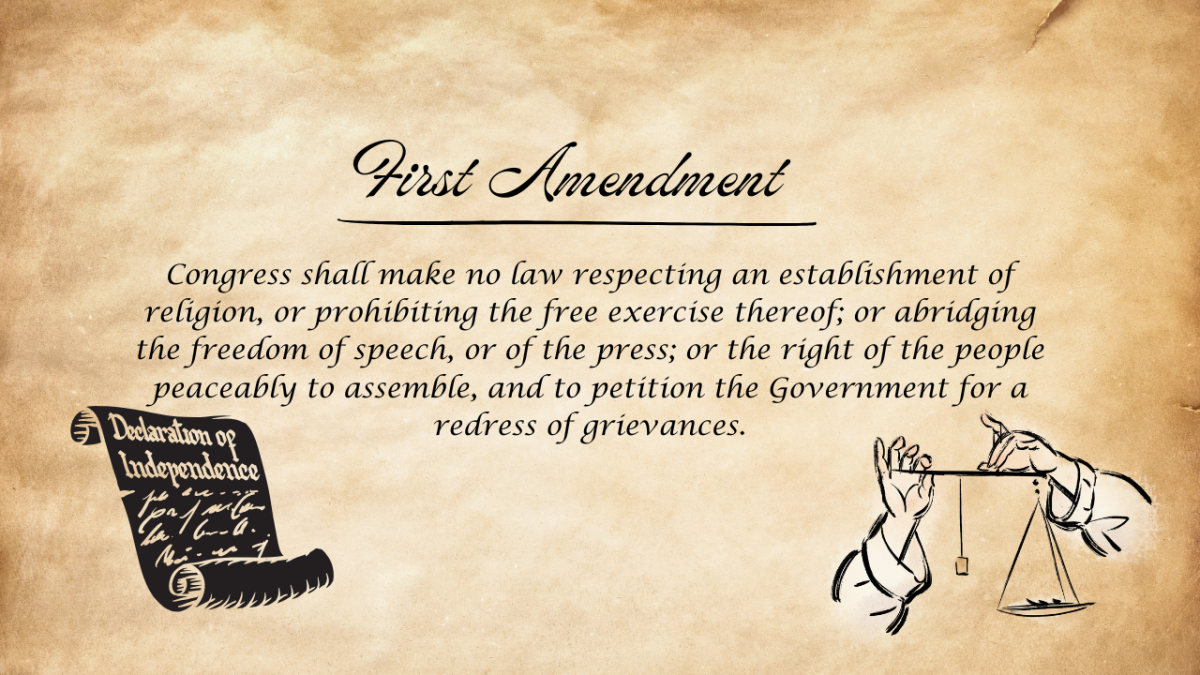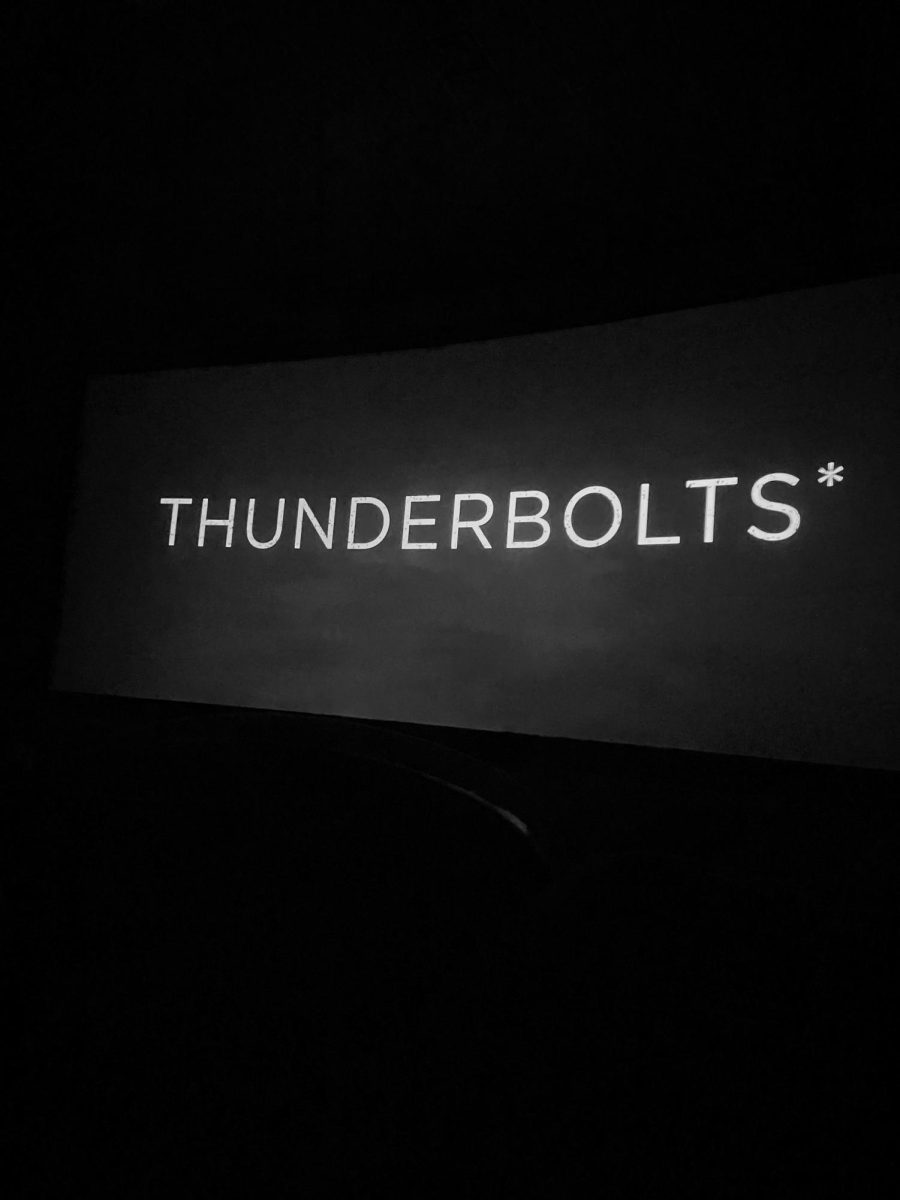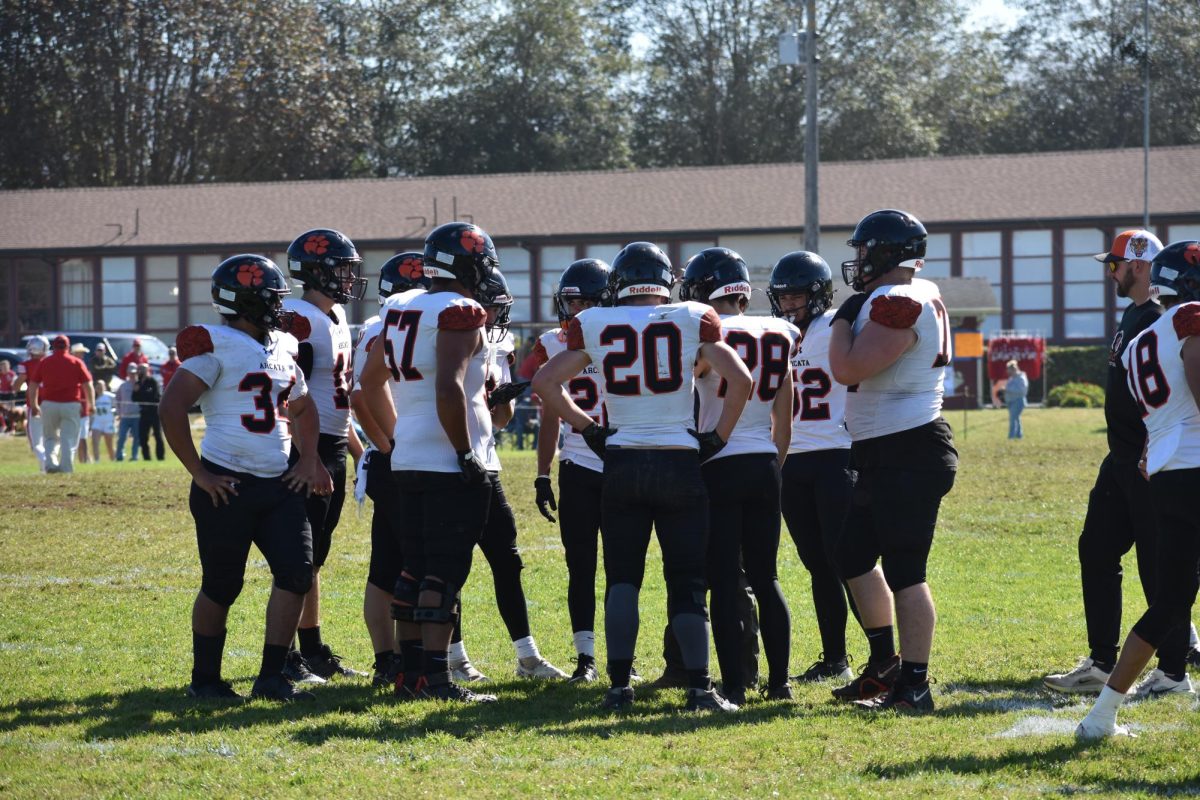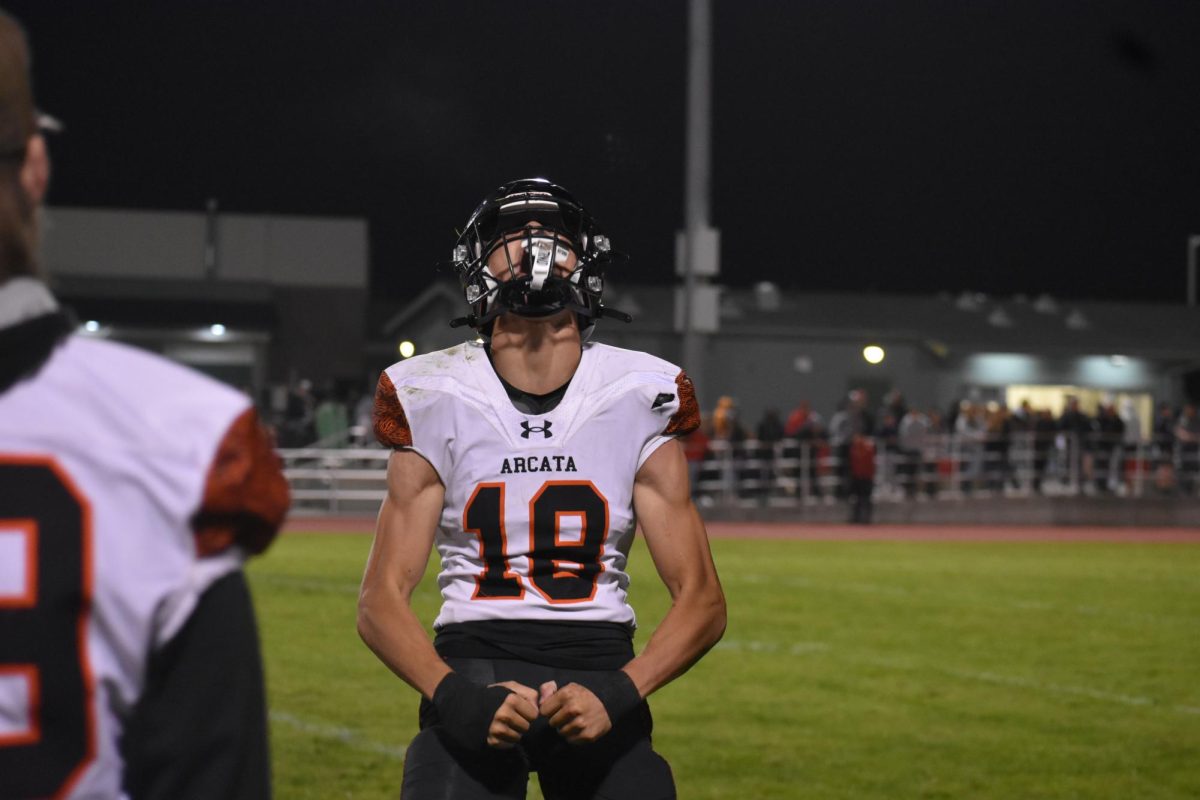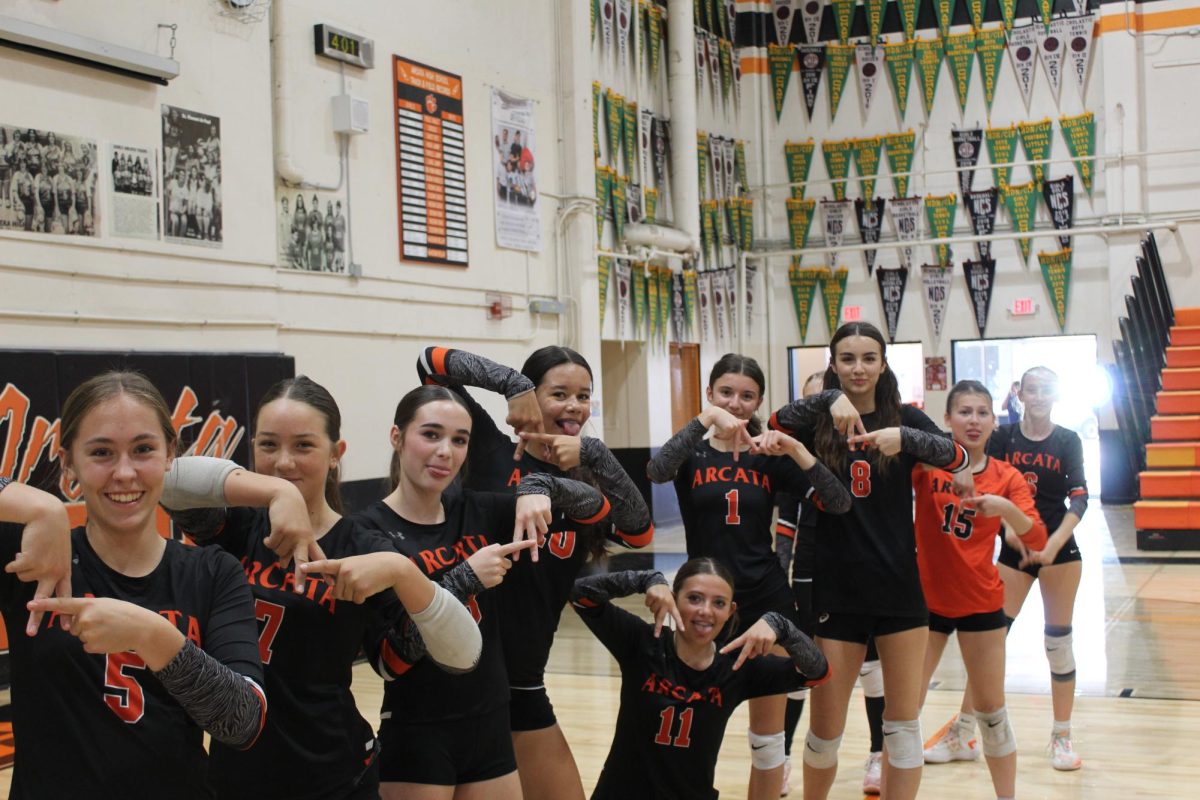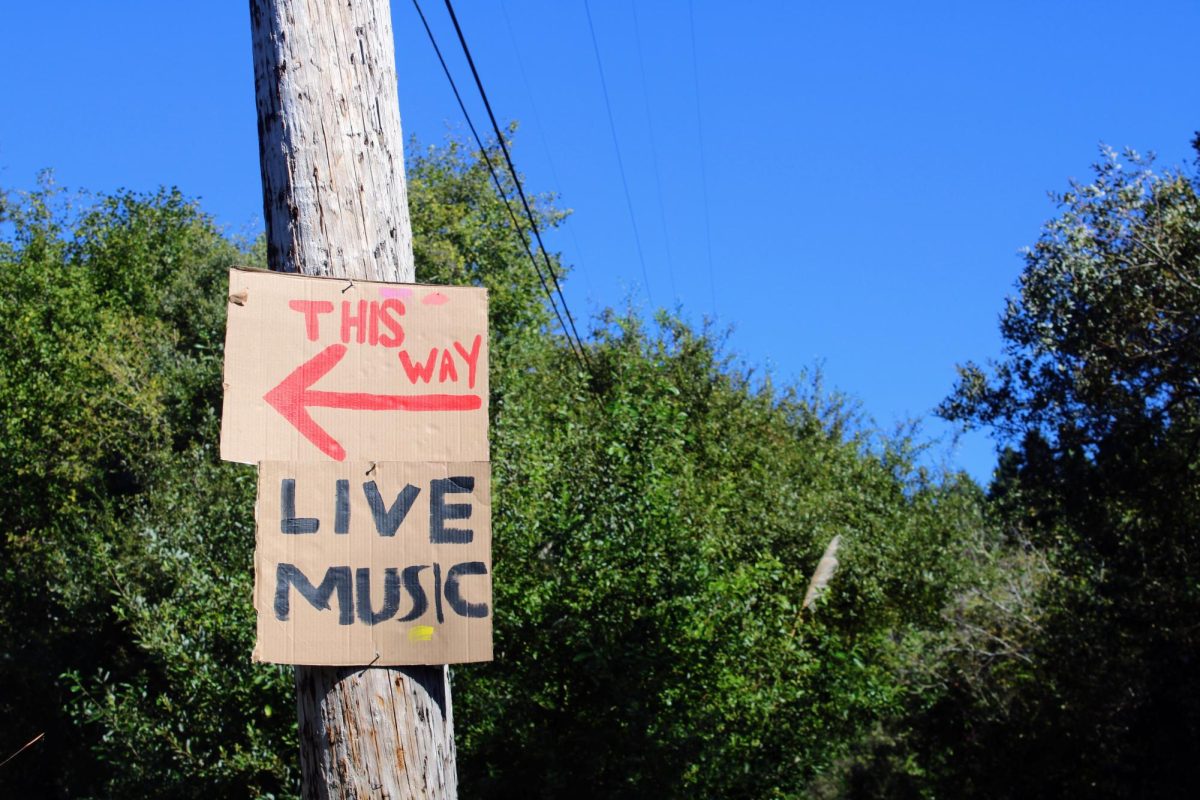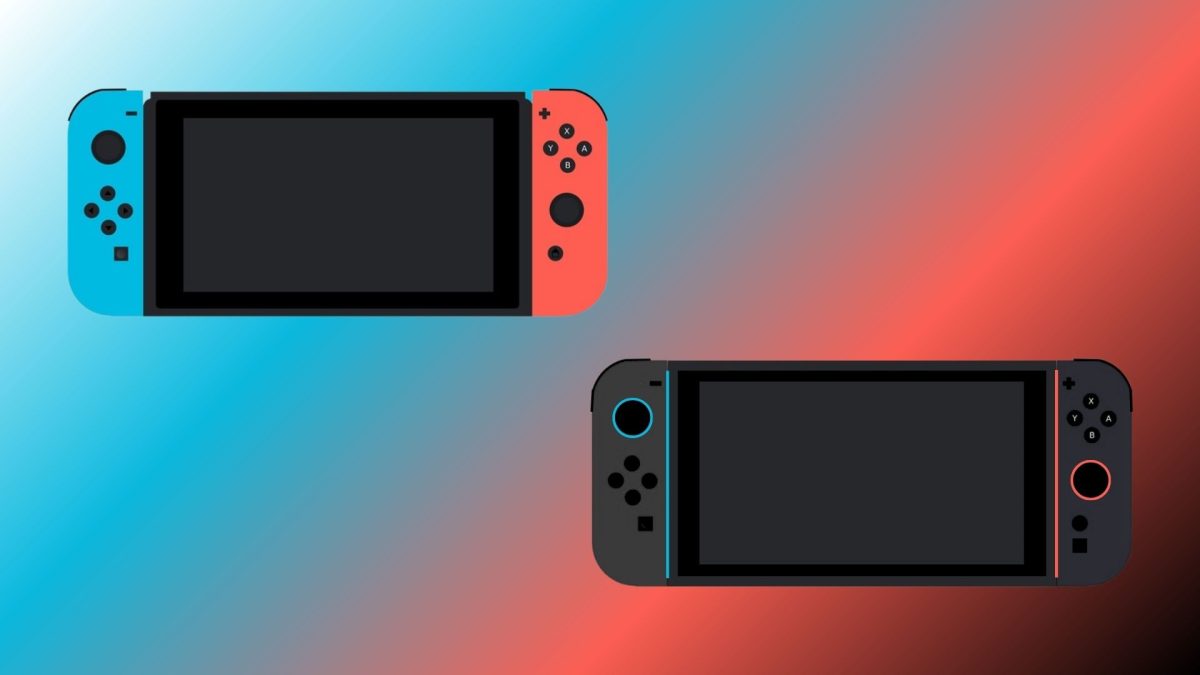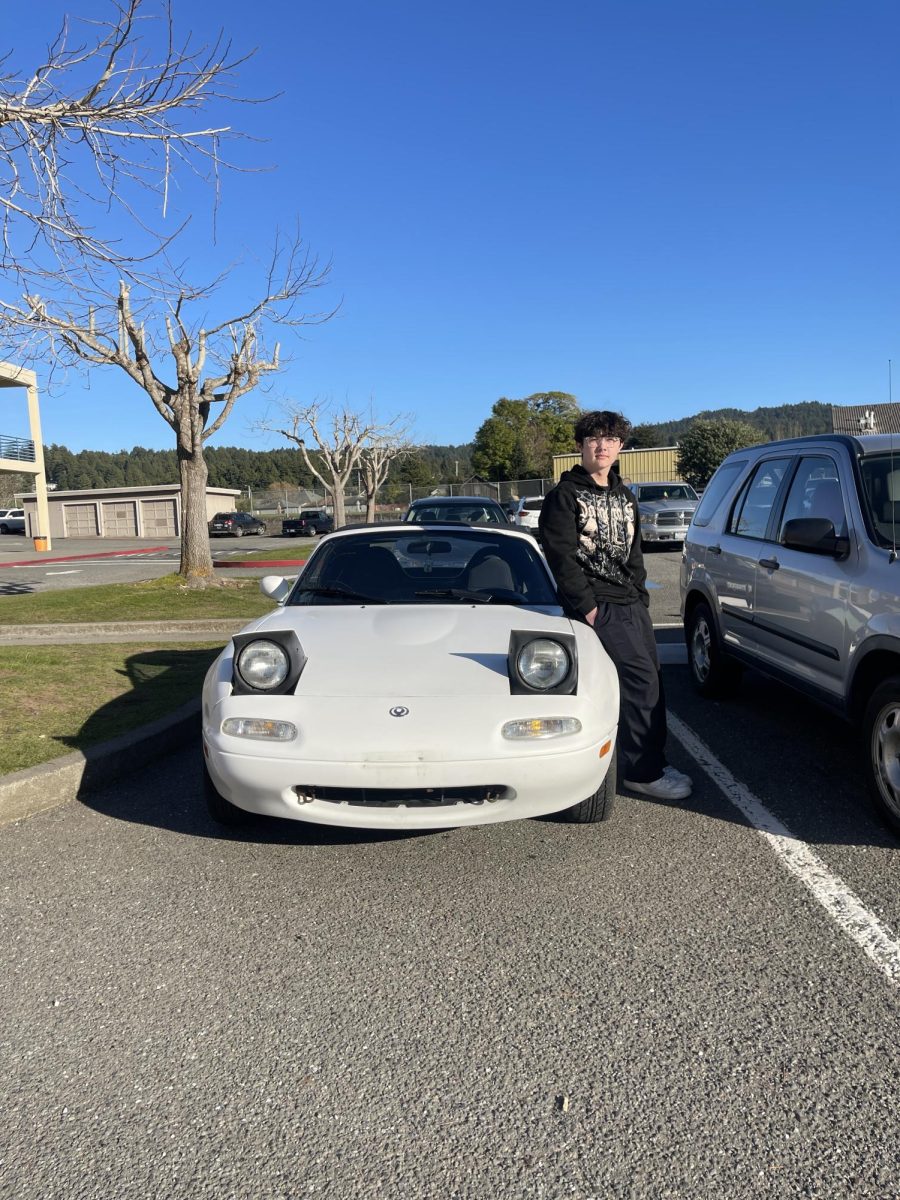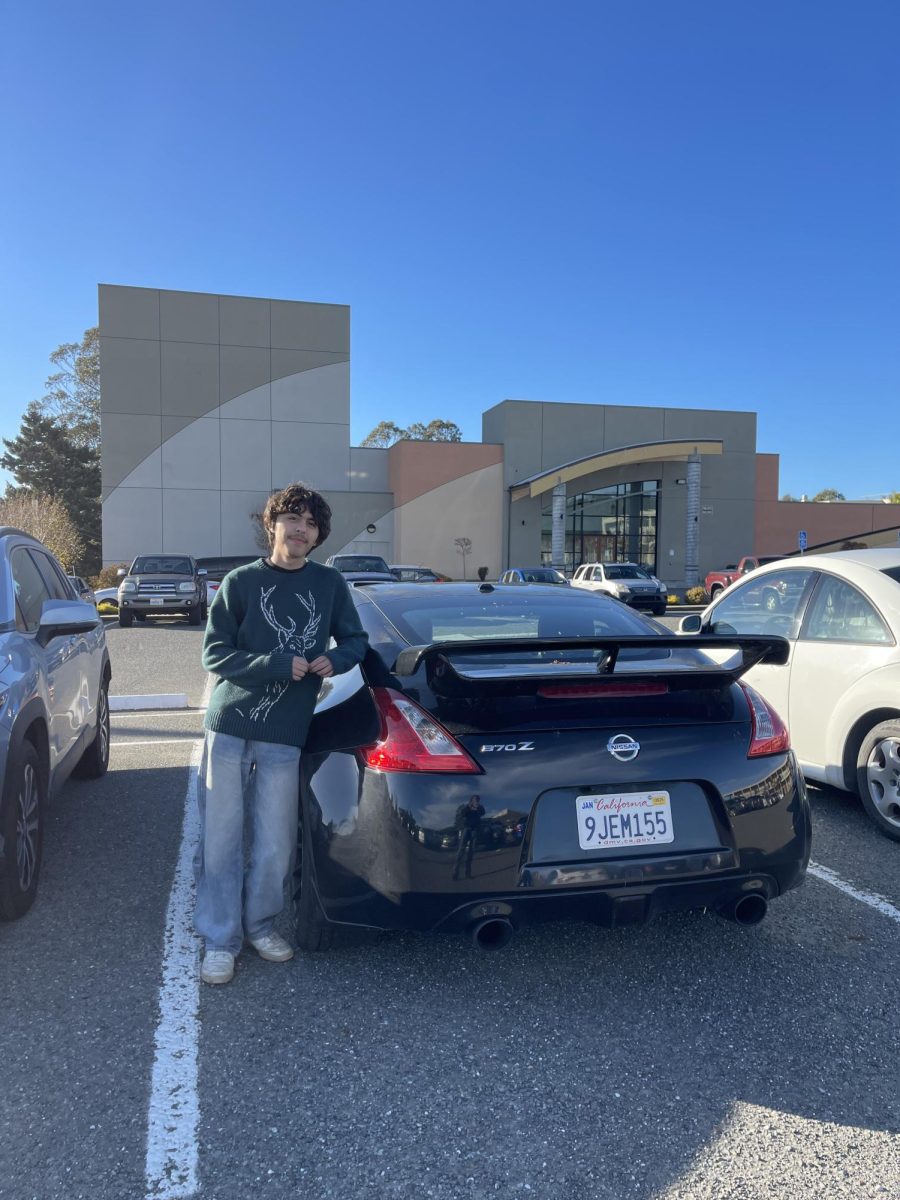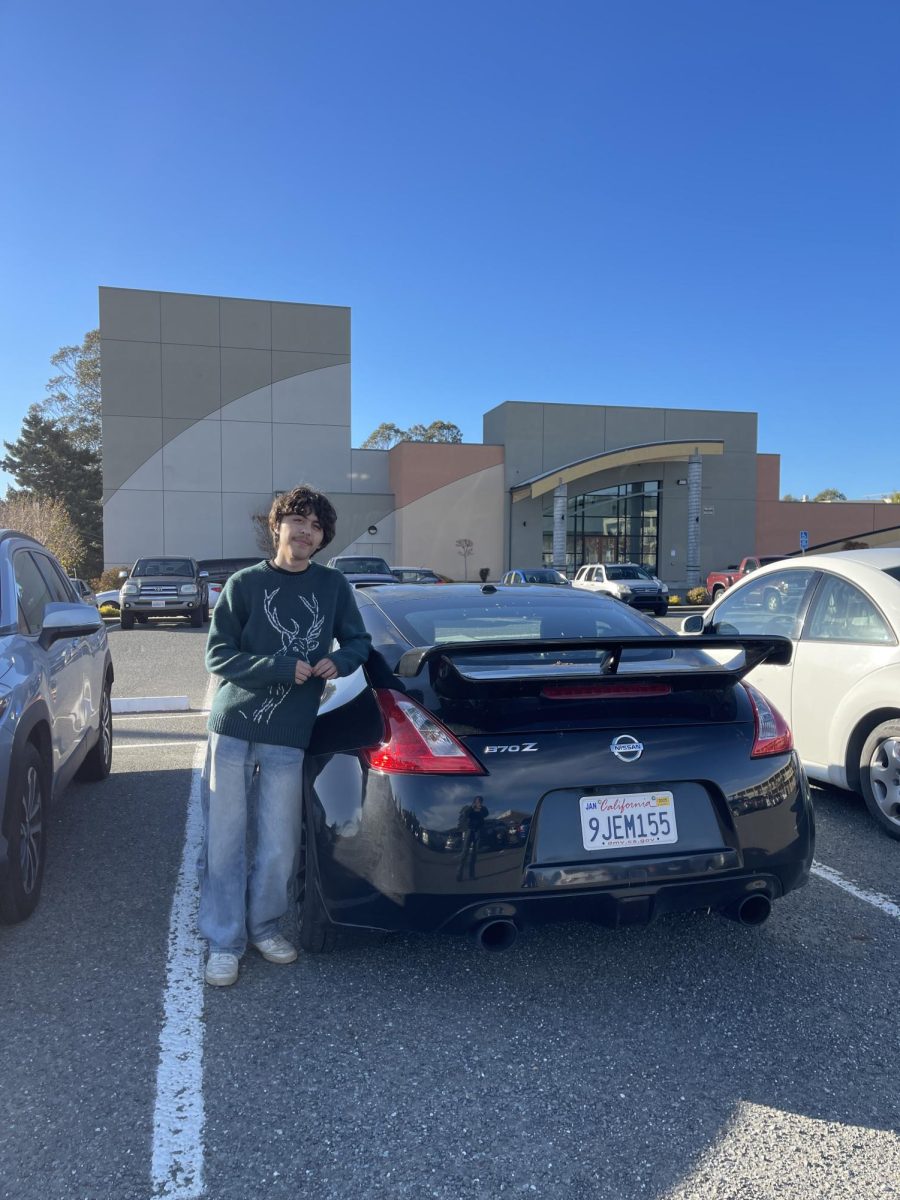Earlier this year, in January and February, I struggled heavily with my mental health and missed about a month of school. When I was watching videos or listening to songs, I would think that they had completely different meanings or that it was specifically about my life. I was experiencing severe symptoms, and the hospital was getting me treatment. Coming back to school after this experience was scary. I felt like I didn’t know people who had been in similar situations.
During the time I spent alone, I didn’t want to let myself recover. I also thought that I was obligated to go back to school, even though I was not at all well. I’ve been an all-A student, and missing school was horrible for my mental health. I was stressed and scared to come back to school and not understand the material.
While I was gone, my grades dropped significantly. I had all F’s and felt like there was no way to improve them. I often obsess over my grades, checking them as much as I can, and this made me severely depressed. Keeping your grades up while focusing on and improving your mental health is so important because the pressure to succeed is so immense. I have to prioritize one over the other, and it’s hard to find time to work on myself.
When I came back to school, the amazing crisis counselor, Lauren Petru, signed me up for Sources of Strength, a student-led program at Arcata High that focuses on building connections and hope. She told me about how a good group of people use this to check in with each other. I heard about Sources in the past: one of my teachers gave me stickers, and I’d seen posters, but never thought about joining. I was nervous to join because I didn’t know anyone in the club.

When I first joined Sources, I saw some people whom I had seen in my classes. I felt welcomed and comfortable. We started off playing a game of competitive rock-paper-scissors. We discussed highlights in our lives that week, and some ways people manage their mental health during the discussion portion of the group.
“The best thing is helping people understand that you still have power, not feeling hopeless or helpless,” Sources of Strength Adult Advisor and Social Worker Meghan Watts said. “If you’re really struggling and you’re thinking ‘I don’t know what to do,’ you have power. You really do. And nobody has to go through that stuff alone.”
This changed how I viewed recovery. Going to Sources of Strength every Thursday helped me change my mindset. It made me realize that even when you feel alone, you always have the power to ask for help. Programs like Sources of Strength help students have the power to connect with and support one another.

